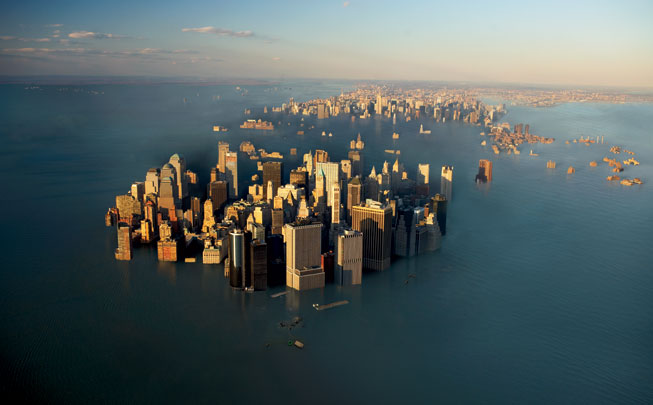
Cities © Eric R. Pianka "I just think cities are unnatural, basically. I know there are people who live happily in them, and I have cities that I love, too. But it's a disaster that we have moved so far from nature" -- Alice Walker Urbanization has been a steady process for thousands of years (Mumford 1961): in many countries 75% or more of the people now dwell in cities (Watson 1993). Without agriculture and fossil fuels, we could never have built cities, let alone developed our civilization and human knowledge. Cites foster development of trade and the accumulation of wealth. Universities cannot exist without cities. Cities attract people because they offer jobs and most grow. In fact, suburbs of some large cities have grown relentlessly, creating mega cities like Dallas-Fort Worth and Minneapolis-Saint Paul. More than half the world's populace were living in cities in 2007 (Nations 2007). People love cities, many of which have familiar nicknames like the big apple, the windy city, big easy, and sin city. Many have slogans like "Keep Austin Weird" or "What Happens Here, Stays here". Cities are a mixed blessing, however, because they also lead to serious social and economic challenges, and foster overcrowding, poor sanitation, disease, drug use, crime, slums and poverty (Watson 1993, Nations 2007, Wells 2010). People are often unaware of the enormous footprint required to sustain a large city. Without a steady inflow of massive amounts of food, water, and power and a continual outflow of garbage and sewage, cities will collapse. 
New York City goes under as sea levels rise Most of the world's great cities are on coastal areas and therefore subject to flooding during hurricanes and rising sea levels. Cities rely on massive transportation, which requires a lot of energy. In many ways, cities are little more than giant but fragile feed lots supporting unsustainably dense aggregations of people. As sea levels and energy costs rise and supplies of food and water fall, cities become more and more precarious. Rees and Wackernagel: Cities are unsustainable Last updated 10 March 2015 by Eric R. Pianka |